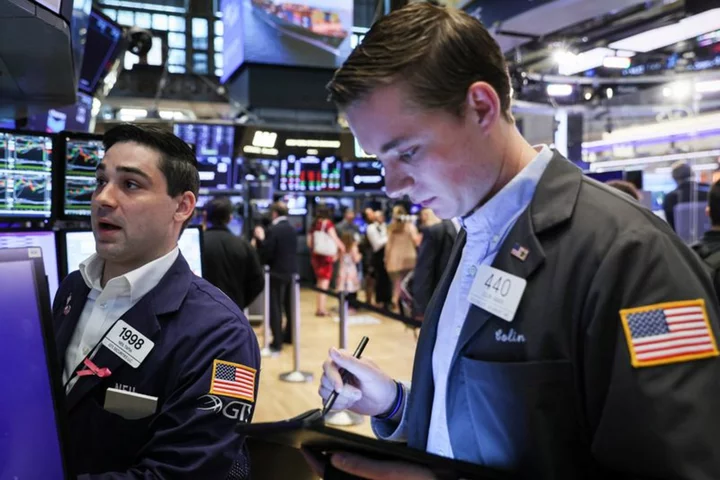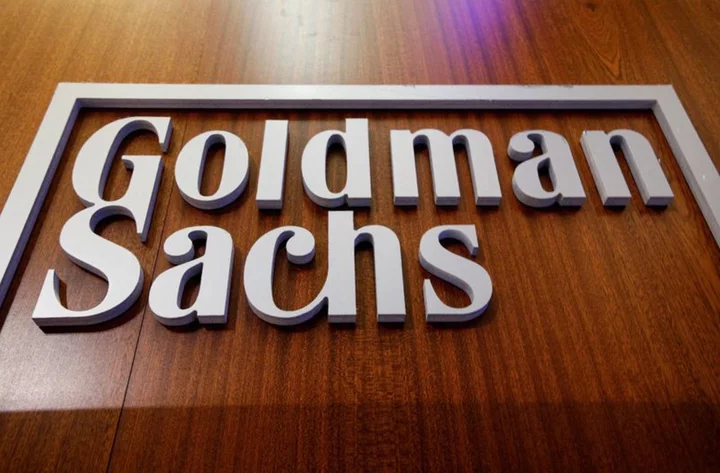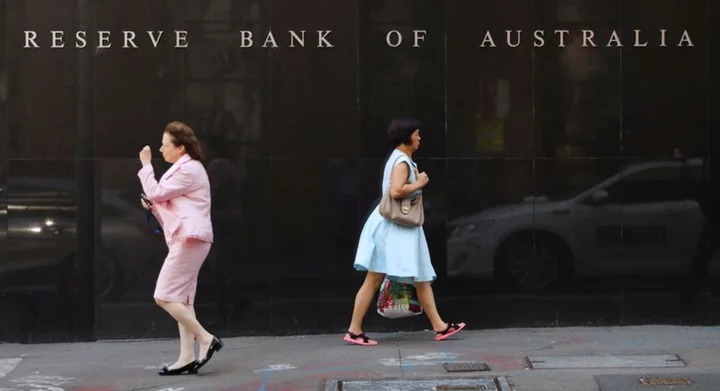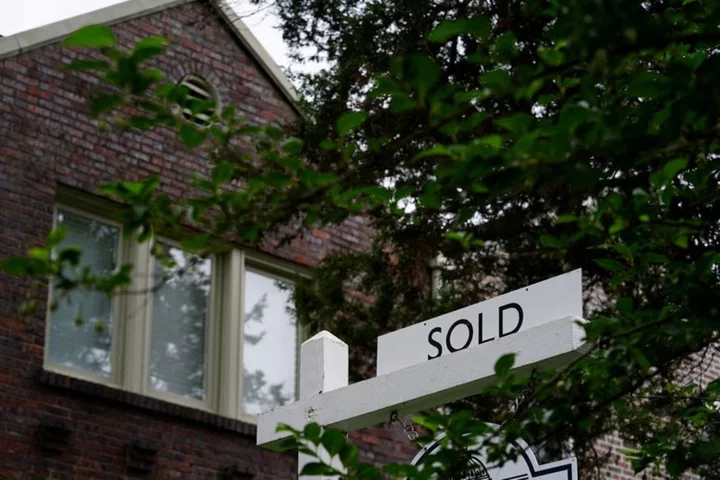By Lewis Krauskopf
NEW YORK Strategists at some of Wall Street’s biggest banks are sounding increasingly worried about potential market fallout from the standoff over raising the U.S. debt ceiling, even as stocks continue grinding higher.
The S&P 500 is up more than 9% this year and stands around its highest point since August 2022. For now, equity investors seem unflustered as the deadline to avoid a catastrophic first-ever U.S. government default draws nearer, in part because most are confident lawmakers will eventually reach a deal.
But with equities trading at valuations that are expensive relative to history and the Federal Reserve's policy rate at a 15-year high, some strategists are warning that stocks could become rocky in the days leading up to the so-called X-date of June 1, which the Treasury Department has said is the day the federal government could run out of money to pay its bills.
"Coming into this week, the market looks more vulnerable to volatility around the debt ceiling," said Matthew Miskin, co-chief investment strategist at John Hancock Investment Management. "It's something that certainly could be repriced into markets if a snag does hit over the course of the next week or so."
President Joe Biden and House Speaker Kevin McCarthy ended discussions late Monday with no agreement on how to raise the U.S. government's $31.4 trillion debt ceiling and will keep talking with less than two weeks before a possible default.
CALM FOR NOW
Though worries have swirled in bond markets, stocks have been comparatively calm and the Cboe Volatility Index, known as Wall Street’s fear gauge, stands near its lowest levels since late 2021.
For now, investors believe an agreement is likely, even as the deadline approaches. A survey of global fund managers from BofA Global Research last week showed that 71% believe a deal to raise the debt ceiling will be reached before the X-date.
Yet some worry the current market and economic backdrop may leave stocks more vulnerable than in 2011, when a debt-ceiling related standoff led to a historic downgrade of the U.S. credit rating.
While stocks plunged almost 20% during the 2011 episode, higher inflation, richer valuations and tighter monetary policy could mean the current market environment might be worse for risky assets now, according to strategists at JPMorgan.
Indeed, the S&P 500 is trading at about 18.4 times forward earnings estimates, compared with its historic average of 15.6 times, according to Refinitiv Datastream. That measure stood at just over 12 times in the summer of 2011, according to JPMorgan.
Other benchmarks are also less favorable: The Fed’s most aggressive rate hiking cycle in decades has left interest rates in a range of 5% to 5.25%, compared with near zero in 2011. Inflation stands at 4.9% annually, compared with 3.6% in 2011, while S&P 500 forward annual earnings are estimated to rise 5.7% versus 15.3% that year, the bank's report showed.
The bank's analysts also pointed out that, as in 2011, even a close call could be enough to roil markets.
While they ultimately expect a resolution, "the journey to that end could ... drive significantly higher market instability than appreciated by the market currently," JPMorgan wrote.
UBS Global Wealth Management, meanwhile, wrote last week it expects the S&P 500 to fall by more than 10% if lawmakers fail to reach an agreement before the X-date, though that is not its base case.
"Historically, equity volatility does not show signs of stress until the X-date approaches," the firm said in a separate note last week. "If the market does not place a high probability on a resolution by early next week we would anticipate equity volatility to move higher alongside T-Bill yields and credit default swaps."
Despite the relative calm in the VIX, there have been some large options trades recently that would pay out if the fear gauge jumped to record highs over the next few months - indicating worries over a steep market decline, said Henry Schwartz, global head of client engagement, data & access solutions at Cboe Global Markets.
"It almost points to a binary view ... either they settle it (the debt ceiling issue) and the VIX stays at 17 or we actually default and the VIX goes to 90," Schwartz said.
(Reporting by Lewis Krauskopf; Additional reporting by Saqib Iqbal Ahmed; Editing by Ira Iosebashvili and Sam Holmes)









